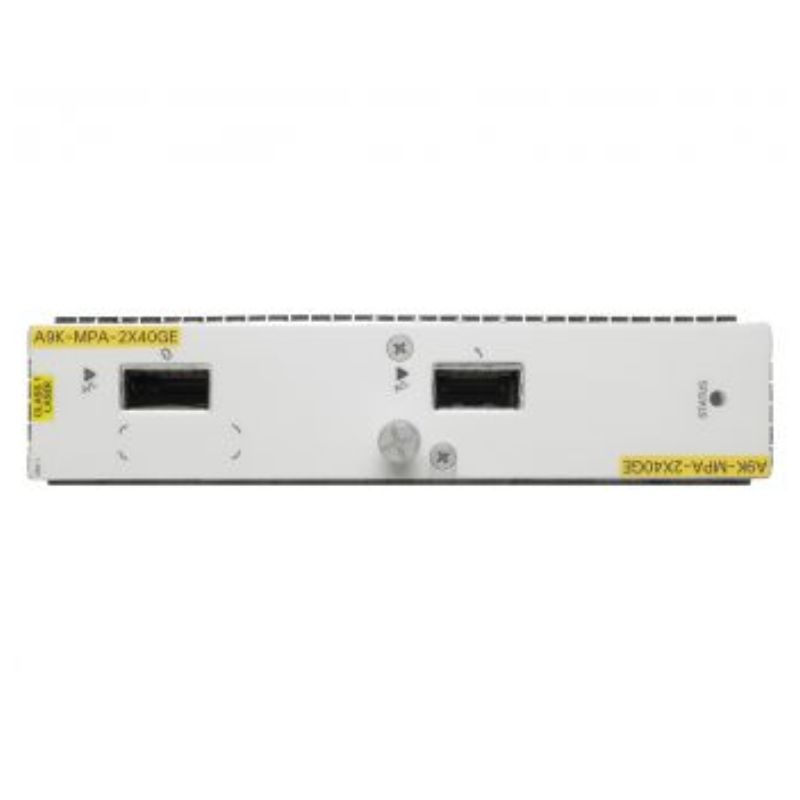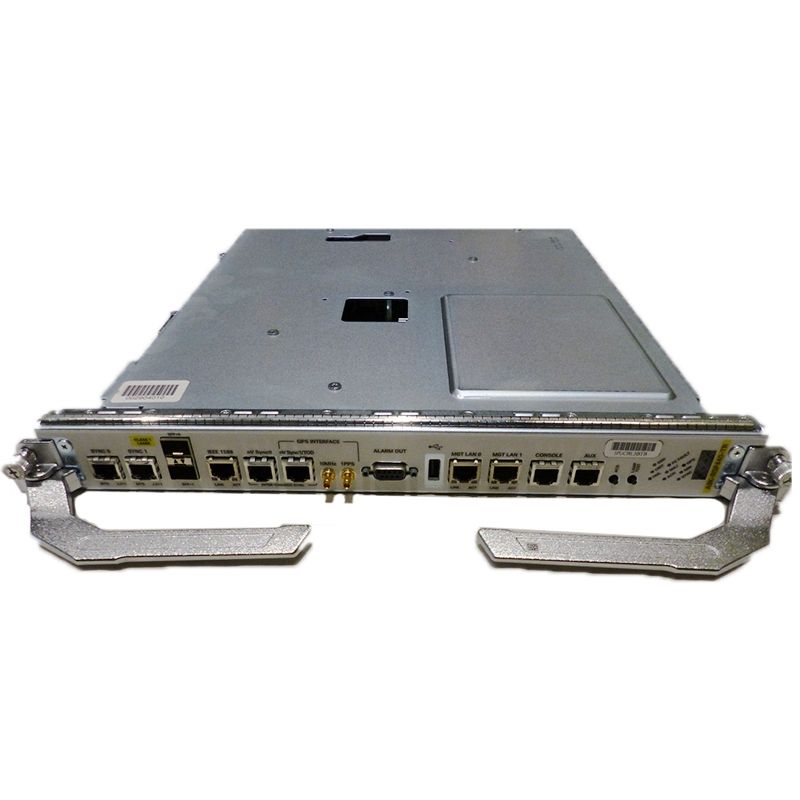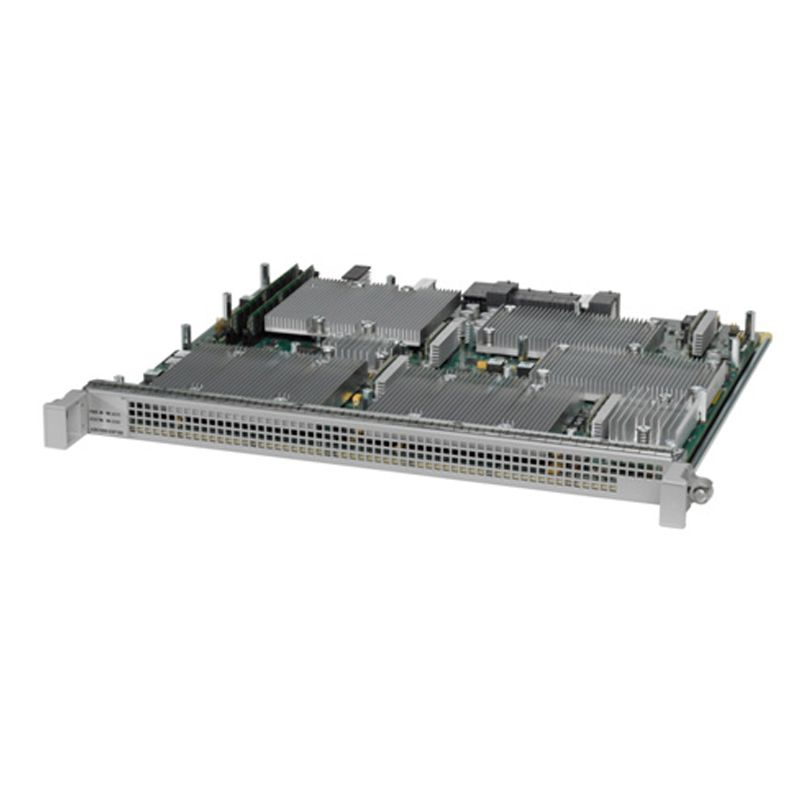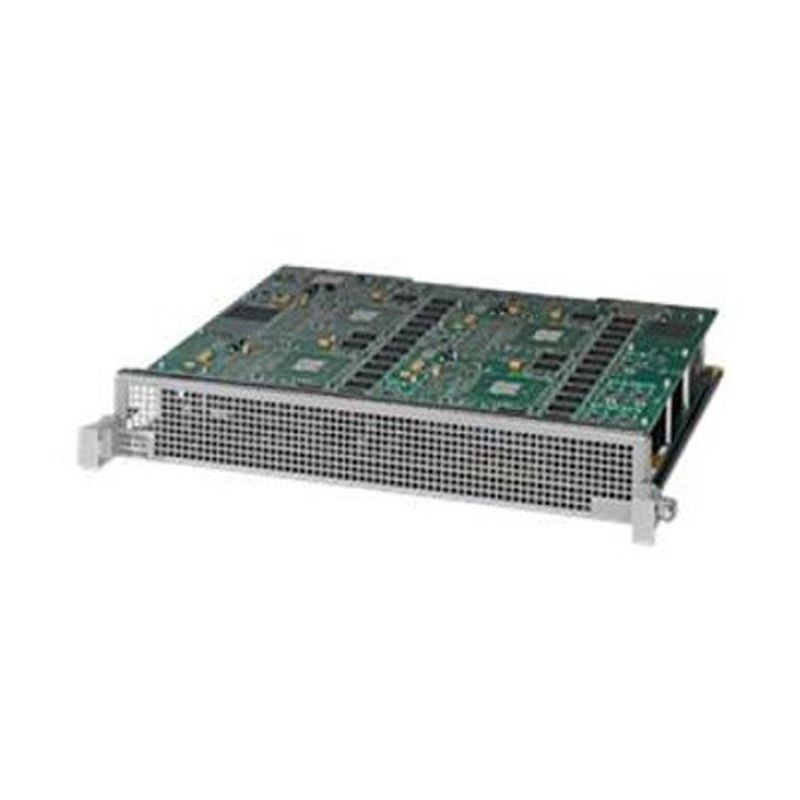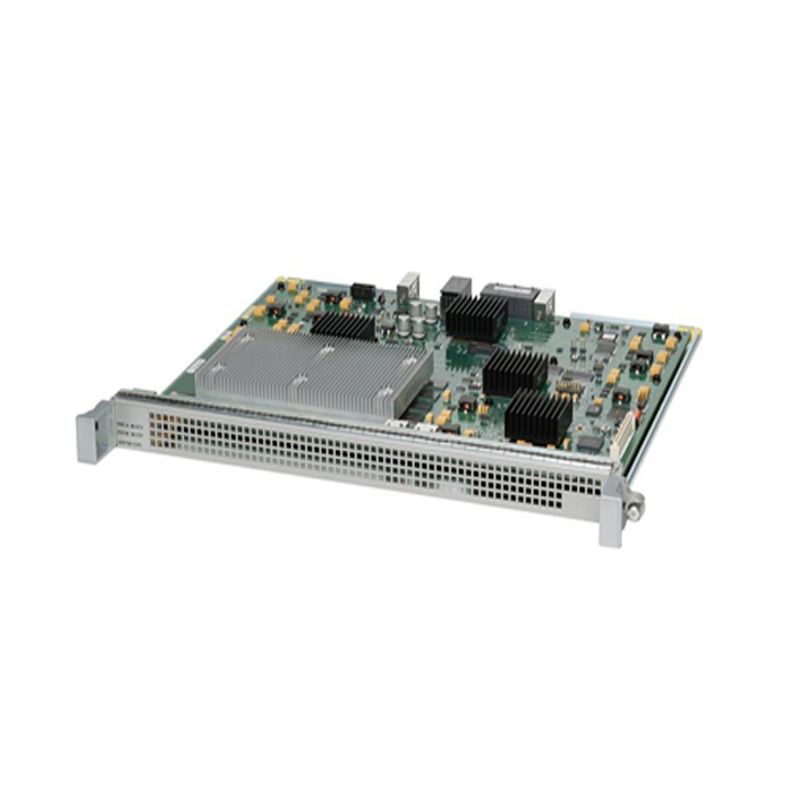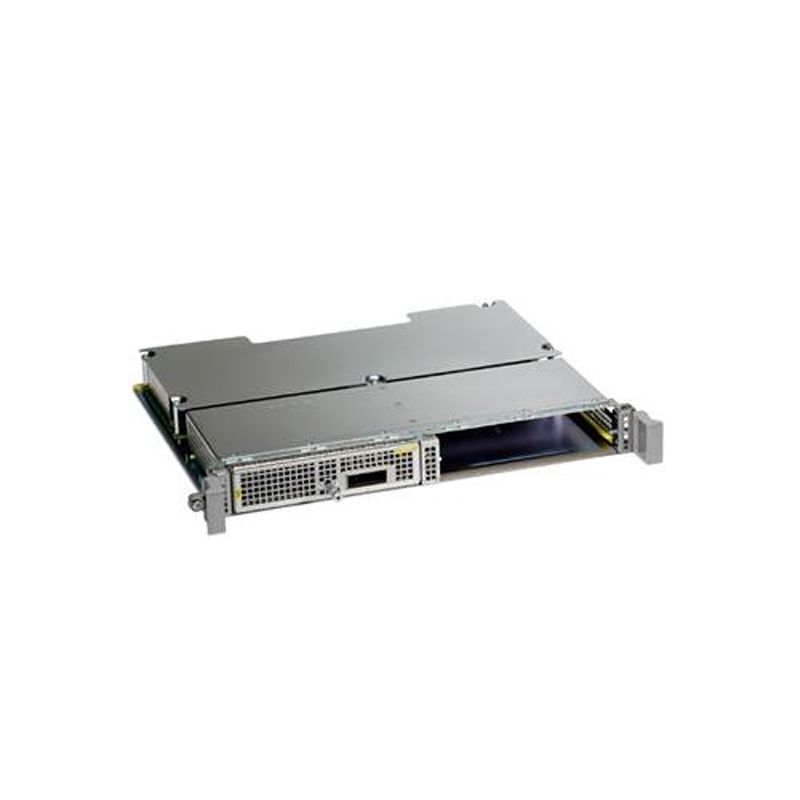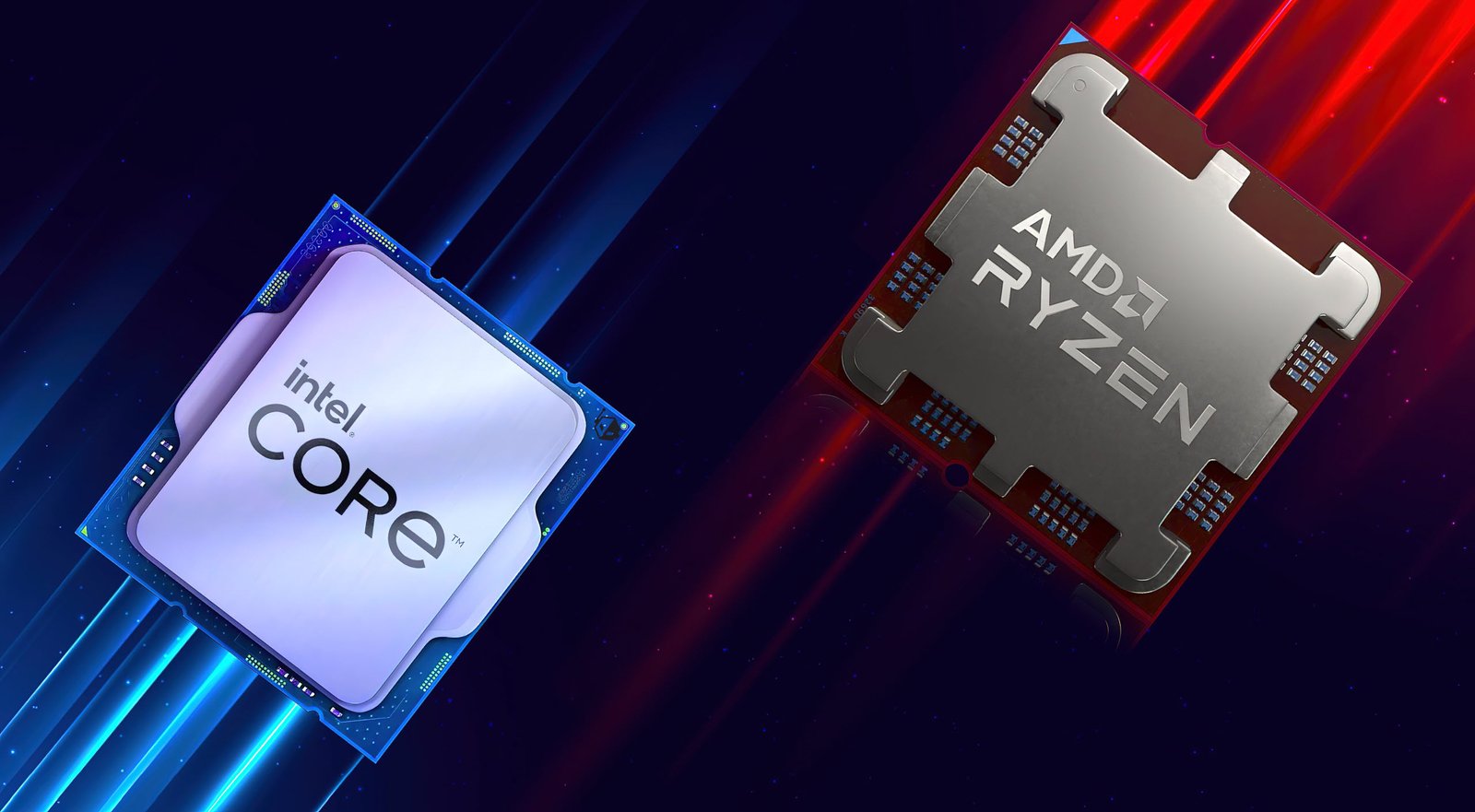Introduction
In today’s digital age, server performance is crucial to the success of a business. Whether running complex databases, hosting high-traffic websites, or performing critical AI tasks, choosing the right processor can significantly improve system efficiency. Intel Xeon E5 series processors, known for their high performance, multi-core design, and reliability, are an ideal choice for upgrading your server.
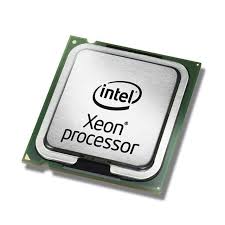
Key Features of Intel Xeon E5 Series
1. Multi-Core Architecture
Intel Xeon E5 series processors offer multi-core designs, ranging from 4 cores to 18 cores, allowing them to handle large parallel tasks simultaneously. This makes them especially suited for virtualization and cloud computing environments.
2. High Performance and Efficiency
- Cache: Up to 45 MB of L3 cache for faster data access.
- High Frequency: With a maximum clock speed of up to 3.6 GHz, ensuring fast responsiveness.
- Turbo Boost Technology: Dynamic adjustment of performance based on workload for optimal processing power.
3. Enhanced Scalability
Supports multi-processor configurations, allowing you to expand performance through dual or quad processor setups, meeting the high-performance computing needs of businesses.
4. Support for Advanced Technologies
- Intel Hyper-Threading Technology: Each physical core can run two threads, enhancing multi-tasking capabilities.
- Intel AVX Instruction Set: Accelerates high-performance computing, data analytics, and multimedia processing.
- ECC Memory Support: Enhances data integrity and system reliability.
5. Energy Efficiency
Intel Xeon E5 series processors are designed with excellent performance-per-watt, reducing energy costs while providing exceptional computing power.
Popular Intel Xeon E5 Models
The Intel Xeon E5 series includes various models designed to meet different workloads and budget requirements. Below are some common processor models:
- Intel Xeon E5-2620 v4: 8 cores, 16 threads, base frequency of 2.1 GHz, ideal for entry-level servers and virtualization.
- Intel Xeon E5-2630 v4: 10 cores, 20 threads, base frequency of 2.2 GHz, suitable for data centers and high-concurrency applications.
- Intel Xeon E5-2680 v4: 14 cores, 28 threads, base frequency of 2.4 GHz, perfect for environments requiring high computational power, such as AI and big data processing.
- Intel Xeon E5-2690 v4: 14 cores, 28 threads, base frequency of 2.6 GHz, ideal for high-performance computing and virtualization.
- Intel Xeon E5-2699 v4: 22 cores, 44 threads, base frequency of 2.2 GHz, suited for ultra-high-performance computing and intensive applications like large-scale virtualization, video editing, and AI training.
Benefits of Upgrading to Intel Xeon E5
1. Improved Server Performance
Upgrading to Intel Xeon E5 series processors allows your server to handle complex tasks faster, reduce latency, and increase overall efficiency.
2. Enhanced System Reliability
With support for ECC memory and advanced encryption technologies, Intel Xeon E5 series ensures data security and integrity, minimizing the risk of system failures.
3. Future Scalability
As your business grows, the scalability of Intel Xeon E5 processors allows you to easily add more computing resources without the need to replace the entire server.
4. Lower Total Cost of Ownership (TCO)
With better energy efficiency and lower power consumption, businesses can save on operating costs while extending the lifespan of the system.
Use Cases
Data Centers
The multi-core design and high efficiency of Intel Xeon E5 series processors make them ideal for virtualization, cloud computing, and high-density server environments.
Big Data and AI
The large cache and AVX instruction set help accelerate data processing, making them perfect for big data analytics and AI applications.
Enterprise Applications
From ERP systems to database management, Intel Xeon E5 delivers the computational power needed for seamless operation of business-critical applications.
Upgrade Guide
- Assess Current Needs: Identify bottlenecks in your existing server and the goals for the upgrade, such as performance, scalability, or reliability.
- Select the Right Model: Choose the appropriate processor from the Intel Xeon E5 series based on workload and budget.
- Check Compatibility: Ensure the motherboard, memory, and other components support the chosen processor.
- Perform the Upgrade: Follow manufacturer guidelines to install the processor and perform necessary software and firmware updates.
- Test Performance: Verify that the upgraded system meets the desired performance goals.
Conclusion
By upgrading to Intel Xeon E5 series processors, businesses can significantly improve server performance, reliability, and scalability. Whether for modern data centers, big data analytics, or enterprise applications, this processor provides an ideal solution. If you’re looking to upgrade your server, Intel Xeon E5 series is definitely worth considering.











